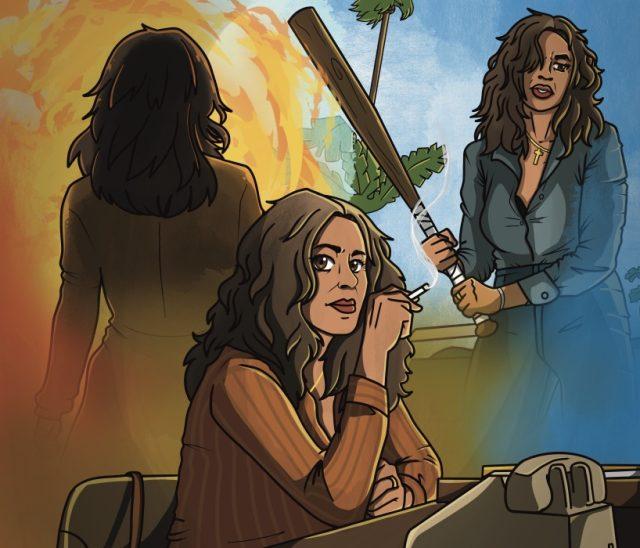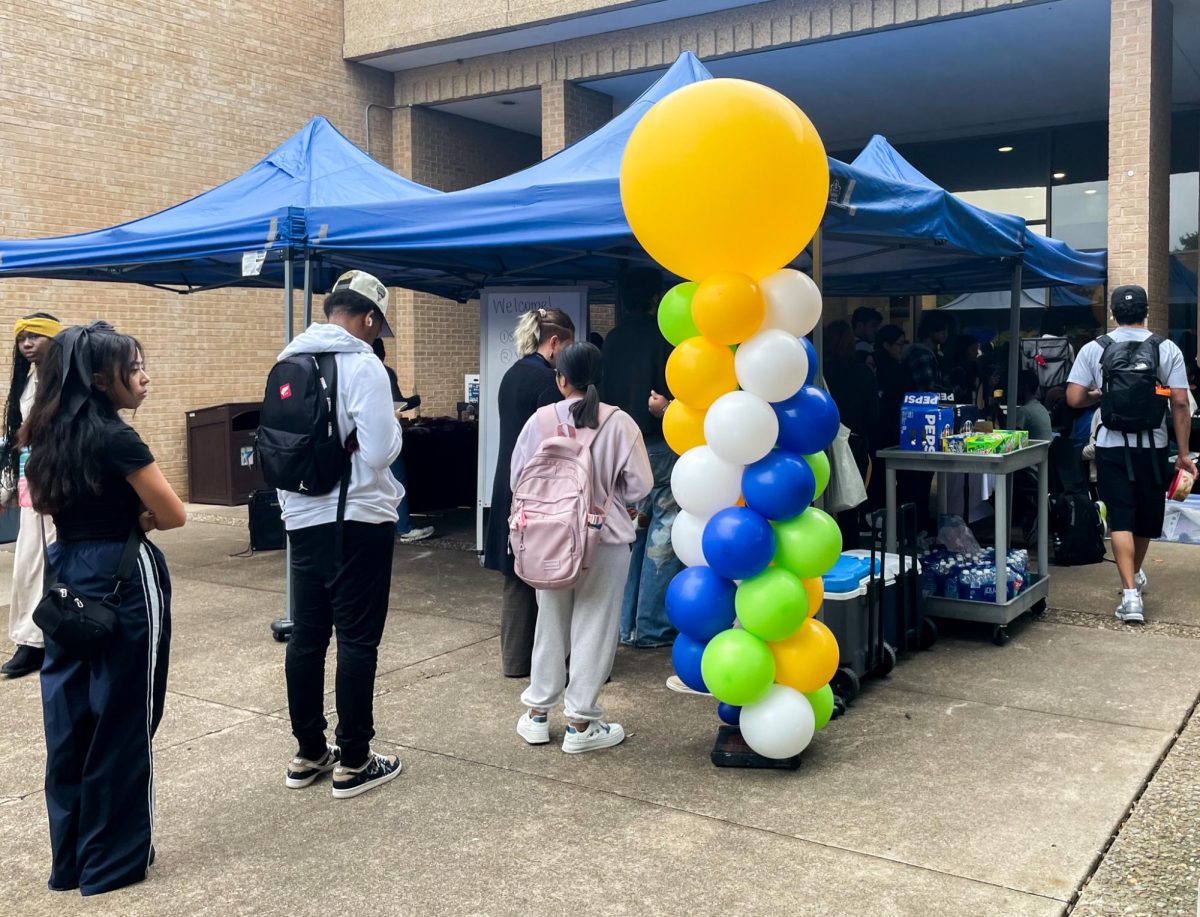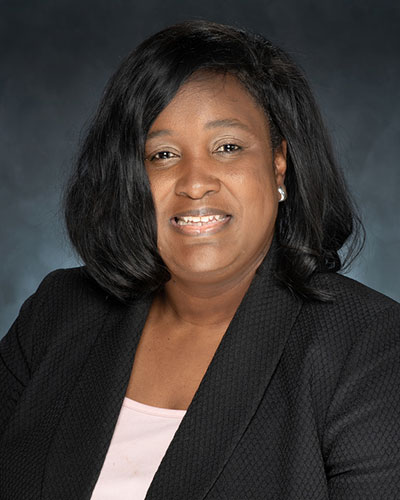FOUSIA ABDULLAHI
campus editor
fousia.abdullahi@my.tccd.edu
The new Netflix limited series “Griselda” brings the female godmother of the Miami drug scene to the small screen.
The show is based on a real-life female drug queen in Miami during the ‘70s and ‘80s named Griselda Blanco, played by Sofía Vergara. She was in the cocaine supply business in Medellín, Columbia with her husband and brother-in-law. Early in the series, she faces a betrayal that makes her run to Miami with her three sons. Before she escaped, she took the key to her future and her downfall.
Violence is a continuous part of the series, as is heavy drug use and some nudity. The level of violence and grotesqueness almost feels over the top, and then you remember it’s a show about a former prostitute turned drug dealer, and you realize it’s par for the course.
One of the themes in the show is the male characters’ misogynism toward women. How they undermine their ability to work, whether it is Griselda’s ability to sell drugs or the only female police officer on the force, June Hawkins, played by Juliana Aidén Martinez, ability to solve the case, they don’t see women as being capable of being competent.
To be fair, both also had men in their corner who supported them. JJune had Detective Diaz, Griselda had Dario, bodyguard turned third husband, and Rivi, a foe turned right-hand businessman.
While Griselda wants to be the boss in the drug business, Detective Hopkins wants to be in charge and have power and the ability to make decisions in the police force while balancing being a single mom. Griselda tells herself the more money and power she has, the more she can protect and provide for her three sons. She got her nickname, the Godmother, from new Cuban immigrants who had no hope in a new country until she took them in and gave them jobs in her cartel.
Each episode is about her reaching a goal and having one of the men in the show ruin it because they see her as being weak. Every time she fought back against the men and won, they made her pay for it by taking something or someone she loved away.
Throughout the show, she stated several times that she was doing this for her sons and wanted to provide them with the best, but her relationship with her sons became more and more strained as she lost parts of herself.. Power can be just as addictive as drugs, and that’s what we see in Griselda. She became intoxicated from regaining her power from the men in the show and became even more cruel and ruthless than them.
For Griselda, her whole life was about fighting back and proving herself. Still, due to her habitual use of drugs, the paranoia that came with it, and the ruthlessness of the drug trafficking industry, her story ended like many other drug lords.
I would recommend this show, but only if you can handle trauma and violence.


































